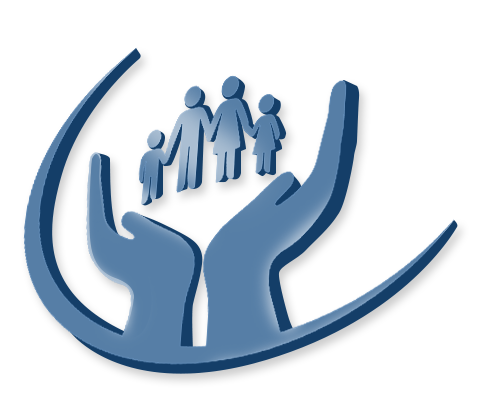Which is better? Know your financial options
As our economy continues to reopen and recover from a year-long global pandemic, some of us are faced with mounting debt and concerns with credit. Others have a desire to travel, make home improvements, or maybe fix or buy a vehicle.
Whatever your situation, there are options to help finance your future. Let’s look at a personal loan vs. credit card—both have merit when used wisely.
Personal loans or credit card: The pros and cons
Both personal loans and credit cards help you build credit and allow you to buy now and pay later.
Credit cards are relatively easy to get with a decent credit score, and some offer rewards like travel miles and cash back. However, they tend have higher interest rates—as high as 17%. Credit cards are best used when paid off monthly, so you don’t incur extra expense associated with interest.
Personal loans tend to have lower interest rates and fixed monthly payments for easier budgeting. There are options for making sure the monthly payment is manageable by looking at the length of the loan and your credit history. While personal loans are a more stable and predictable approach, it is important to cover the full monthly pre-determined payment to not incur late fees. The great news is, if a personal loan is right for you, Greater Alliance Federal Credit Union has loan officers to help make sure the terms are tailored to your situation.
Manage your finances, build good credit by knowing the options

A personal loan is definitely better for a larger one-time purchase, a new or used car, home renovation or to consolidate debt. The amount you can get as a personal loan is often higher than a credit card limit and you’ll pay less interest. The term of the loan can be up to 48 months, with a pre-determined set payment.
While there’s a limit to the amount anyone can put on a credit card, it offers the flexibility to access money on a continuous basis. You can also earn points or rewards to ultimately save on your purchases. If you need to fix the car or do home repairs for under $5,000, then a credit card could be an option if you can pay it off in full when the first bill comes. The key is living within your means to pay on time, and not get zapped with late fees or high interested rates.
According to a CNBC financial advisor update, there are six things to never put on a credit card:
- Taxes
- College Tuition
- Mortgage Payments
- Big ticket items you can’t afford
- Medical bills
- Stocks & other investments
Looking at both roads leading to the same destination
When evaluating the personal loan vs. credit card equation, let’s look at round numbers. So, you’re thinking of taking that dream trip to Australia with an estimated cost of $16,000. If you put the trip on a credit card and you cannot pay it off when the bill is due, you could have another $2,560 expense added to the cost of your trip on a credit card with a 16% interest rate. The interest compounds each month, so you could end up paying $4,000 or more in interest depending upon how fast you pay it off.
If you took out a personal loan at 6% over 36 months, your total interest rate expense would be $960, and payment $470 per month. That’s more money in your pocket, and you’re not over-extending your credit card limit. If you get a 3% personal loan, even better!
Finding the solution that’s the right fit for you
Whether it’s financial need or a dream purchase, the key is not paying more than you have to and staying financially healthy when incurring debt. If you’re considering a personal loan vs. credit card, contact us. We’ll help guide you to the best option.

